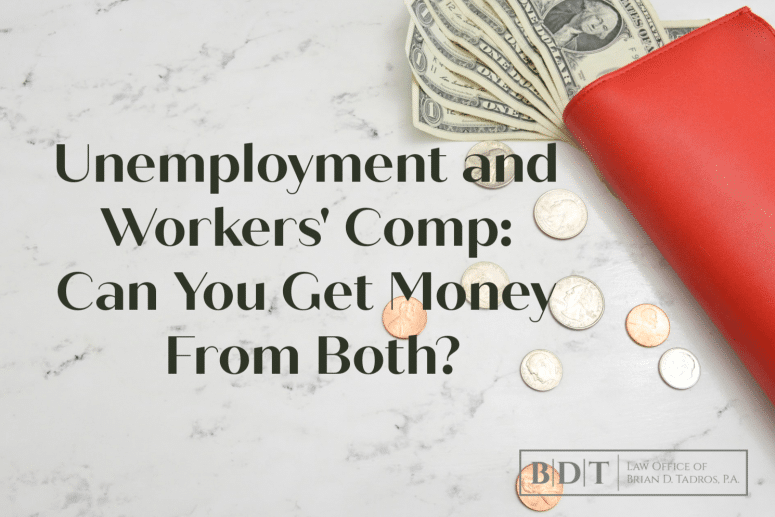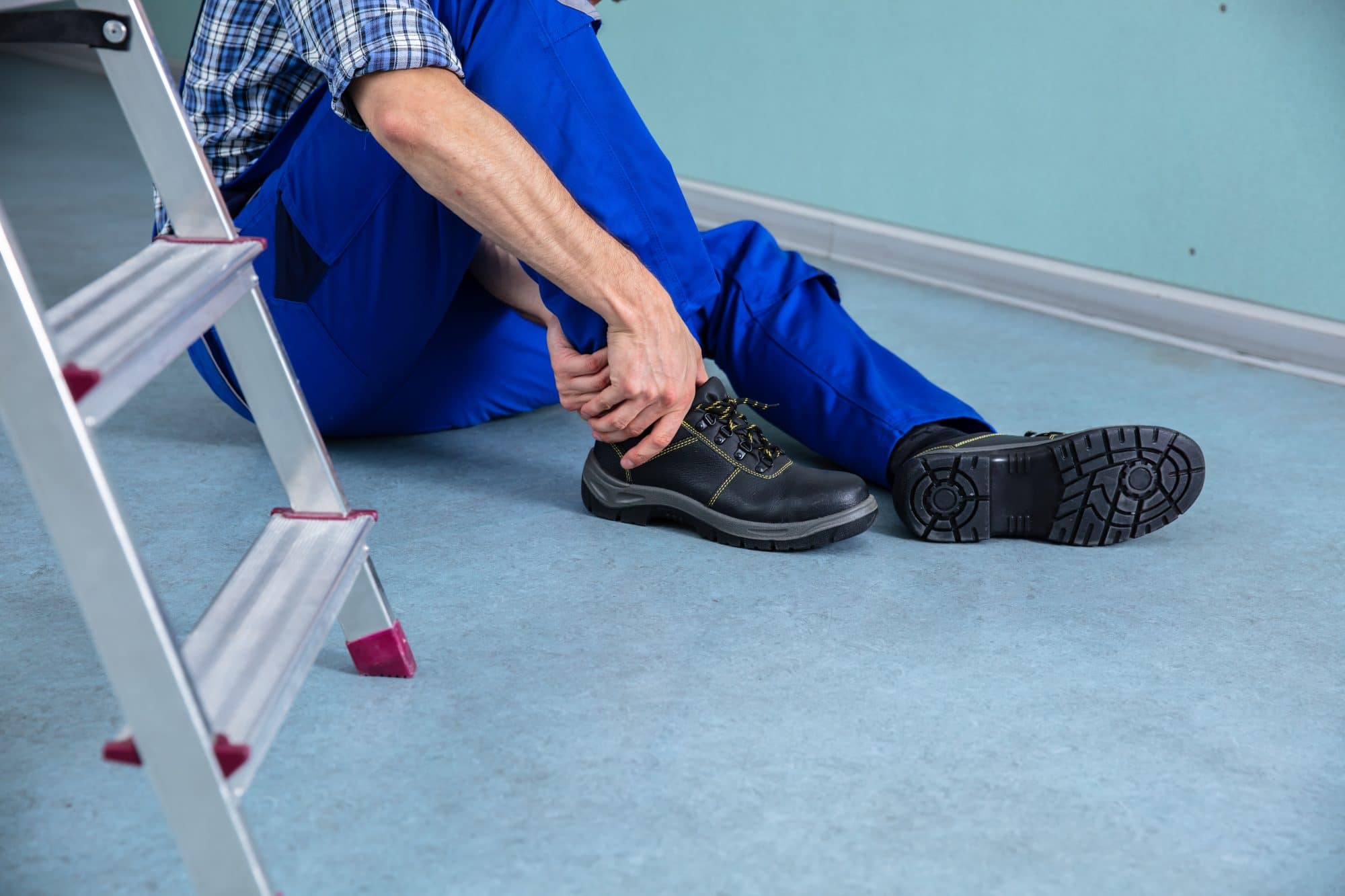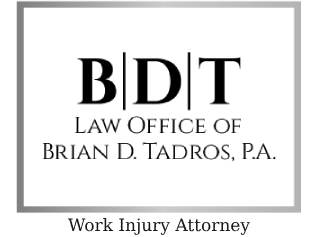
While there are some cases where unemployment and workers’ compensation benefits overlap, they are two very different programs for very different circumstances. Understanding which form of compensation pertains to your unique situation is crucial in knowing how much financial compensation you can receive.
Your workplace injury entitles you to financial compensation to cover lost wages and medical expenses. But losing your job through no fault of your own gives you a claim to state benefits as well. Your ability to claim both, however, is not as easily understood.
In this article, we will answer the question ‘Can you collect unemployment and workers’ comp?’ and help you decide if you may be entitled to both.
The Difference Between Unemployment and Workers’ Comp
Workers’ compensation is a form of insurance that employers pay to protect their employees in the event of a workplace injury. Workers’ comp benefits usually cover loss of wages, medical expenses, and the like.
Unemployment taxes are also paid by your employer, but rather than paying premiums on an insurance policy, it is a tax paid toward the government. In the event that an employee loses their job through no fault of their own, that employee may apply for unemployment assistance from the government.
In Florida, you are only eligible for unemployment benefits if your job loss was outside of your control. If you quit or are fired due to misconduct, you are likely not eligible to collect unemployment.
Another difference between unemployment and workers’ comp is that workers’ comp is not usually taxable income while unemployment is.
Injured at Work In Florida?
Can You GET Unemployment and Workers’ Comp?
Now that you know that unemployment and workers’ compensation are different, you might have questions.
Being laid off and getting injured at work are two very different scenarios. In most cases, only one of these benefit types will apply to you. But there are a few situations where the two might overlap.
For example, let’s say a rickety ladder collapsed underneath you at work and you broke your leg. Your doctor restricted you to light desk duty so you could heal and you received temporary partial disability (TPD) benefits through workers’ comp.

Your employer had no problem accommodating your light duty restrictions, so they gave you an office job while you waited for your cast to come off. However, while you were recovering, the company bought a fleet of robots to replace 60% of the staff (hey, it’s 2022, it can happen!). They no longer have a place for you—either in the office or the warehouse. Your leg has yet to heal and your medical bills are still stacking up (the doctor even mentioned the word “surgery”).
Which applies: unemployment or workers’ comp? To figure it out, you need to ask yourself a few key questions.
Are You Able to Work?
Whether or not you are ready, willing, and able to work is the foremost consideration. To collect unemployment benefits in Florida, you must be actively looking for a job. If your injury prevents you from working in any capacity, you would not be eligible for unemployment benefits.
For instance, employees who qualify for permanent total disability benefits (PTD) from a workplace injury would need to apply for disability benefits rather than unemployment, because they are not able to work. An employee with a partial disability (either temporary or permanent) may be able to collect unemployment as well as workers’ comp payments if they could prove that they were seeking a job that met their current skills and abilities.
Have You Truly Lost Your Job?
Collecting unemployment and workers’ comp simultaneously also depends on whether you are truly unemployed.
Not being able to work due to an injury is not the same as unemployment. Even if your doctor insists that you stay home, you cannot consider yourself “unemployed” if your employer is holding a position for you.

For example, let’s say that your employer was unable to accommodate your work restrictions after you fell off that shoddy ladder, so you stayed home and collected your workers’ comp checks. But in this scenario, they decided against a robot workforce (a robot uprising is too big of a threat) and are holding your position open until your leg heals.
Since you have not truly lost your job, you would not be eligible for unemployment benefits.
Don’t Navigate It Alone
The examples given above are only hypothetical situations and should not be used as legal advice for your own case. Navigating unemployment and workers’ comp simultaneously is tricky and should never be attempted on your own.
Only a qualified workers’ comp attorney like Brian Tadros can give you the proper legal advice for your unique situation. Every injury and workers’ comp case is different and must be approached with a finely honed understanding of the law.
Get in touch with us for a free consultation on your case, so we can educate you and advocate for your rights.

